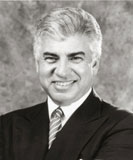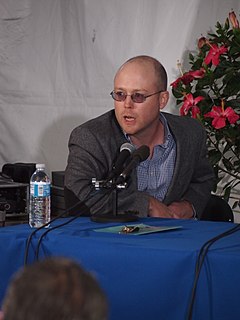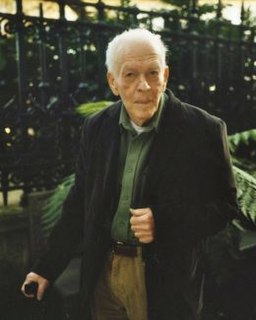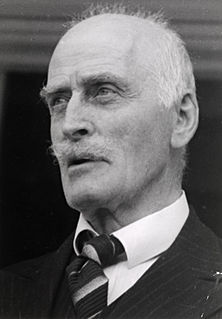A Quote by Albert Einstein
Private capitalists inevitably control, directly or indirectly, the main sources of information. It is thus extremely difficult, and indeed in most cases quite impossible, for the individual citizen to come to objective conclusions and to make intelligent use of his political rights.
Related Quotes
Virginia States' rights, as our forefathers conceived it, was a protection of the right of the individual citizen. Those who preach most frequently about states' rights today are not those seeking the protection of the individual citizen, but his exploitation. The time is long past — if indeed it ever existed — when we should permit the noble concept of states' rights to be betrayed.
Personalization is everywhere. We are constantly asked, directly or indirectly, to create Our Own Whatever - containing and limited to our 'favorite sources of information.' Republicans do that; Democrats do it; environmentalists do it; terrorists do it; science fiction enthusiasts do it. That's a real problem, I think.
Nonviolent action involves opposing the opponent's power, including his police and military capacity, not with the weapons chosen by him but by quite different means. Repression by the opponent is used against his own power position in a kind of political "ju-jitsu" and the very sources of his power thus reduced or removed, with the result that his political and military position is seriously weakened or destroyed.
Nevertheless, it is necessary to remember that a planned economy is not yet socialism. A planned economy as such may be accompanied by the complete enslavement of the individual. The achievement of socialism requires the solution of some extremely difficult socio-political problems: how is it possible, in view of the far-reaching centralisation of political and economic power, to prevent bureaucracy from becoming all-powerful and overweening? How can the rights of the individual be protected and therewith a democratic counterweight to the power of bureaucracy be assured?
The knowledge of the individual citizen is of less value than the knowledge of science. The former is the opinion of individuals. It is merely subjective and is excluded from policies. The latter is objective - defined by science and promulgated by expert spokesmen. This objective knowledge is viewed as a commodity which can be refined... and fed into a process, now called decision-making. This new mythology of governance by the manipulation of knowledge-stock inevitably erodes reliance on government by people.
The intelligent poor individual was a much finer observer than the intelligent rich one. The poor individual looks around him at every step, listens suspiciously to every word he hears from the people he meets; thus, every step he takes presents a problem, a task, for his thoughts and feelings. He is alert and sensitive, he is experienced, his soul has been burned.
There are contradictory tendencies in American society. There's a huge range of activities that one can engage in that mark it as a quite free society. It's also true to say that the powers that be have so much control over how people think that there are fewer and fewer people who make use of the rights and information available to them.
Potentially, a government is the most dangerous threat to man's rights; it holds a legal monopoly on the use of physical force against legally disarmed victims. When unlimited and unrestricted by individual rights, a government is man's deadliest enemy. It is not as protection against private actions, but against governmental actions that the Bill of Rights was written.



































